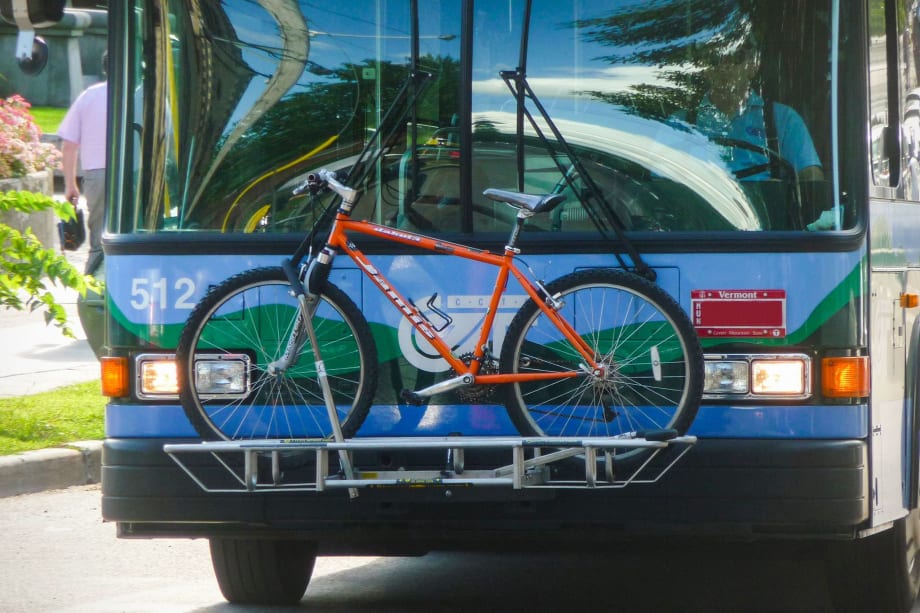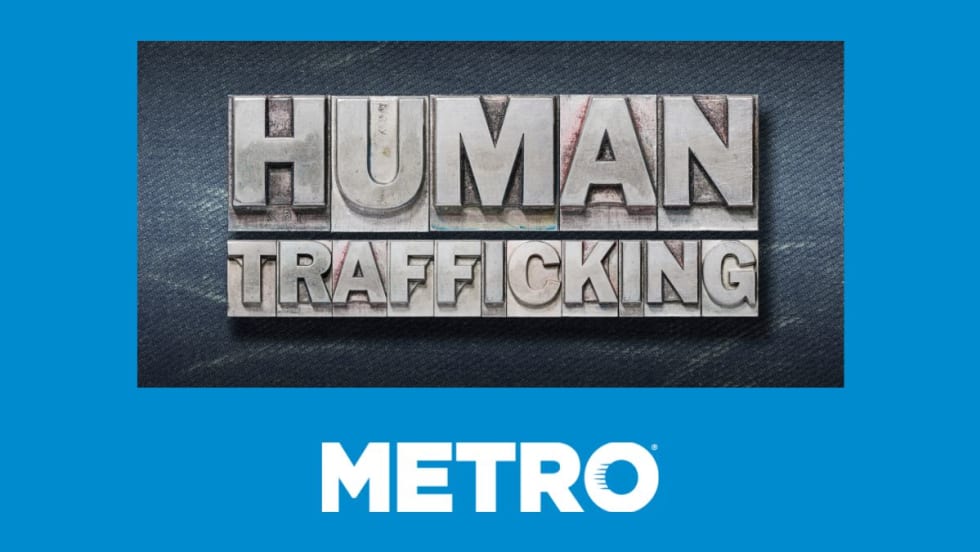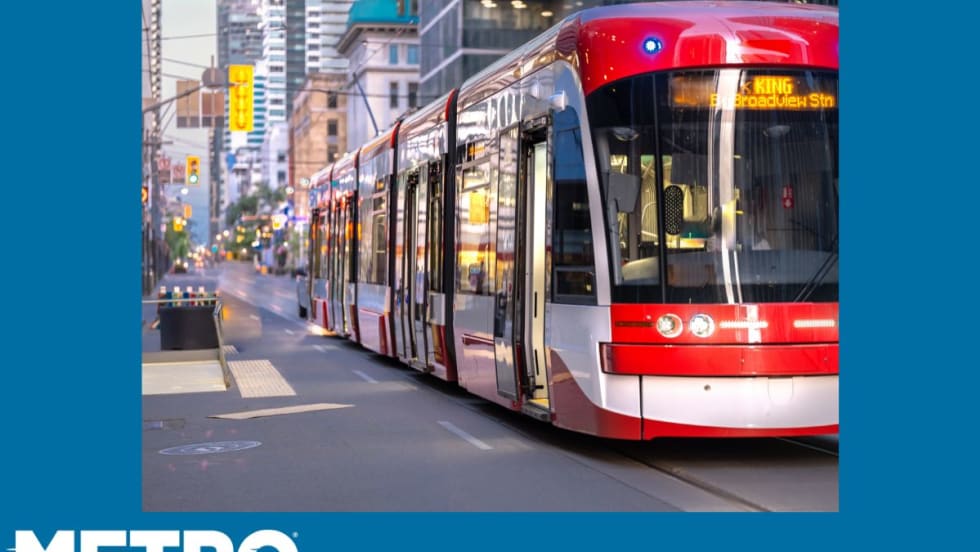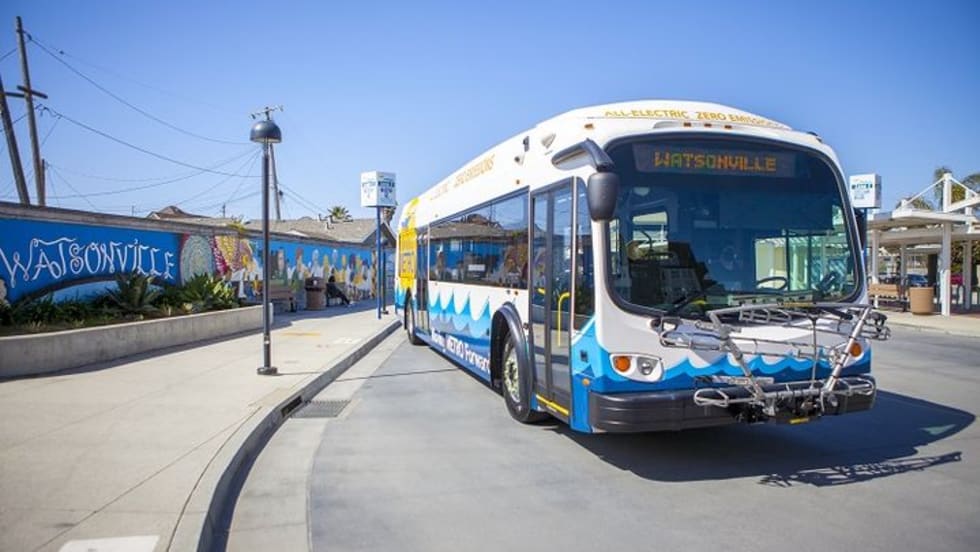Greetings from the bus barn. I present this brief blog hoping that all are doing well.
Many things are changing in our industry and surely there is more to come. One thing that should never change is the need for a well-trained new bus operator candidate and having training programs in place to discourage operators from seeking other employment.
Hopefully, there has been time to look at what can be improved in your new bus operator program. If you are not content with what is in place, it is time to get your house in order by ensuring the gradual progression from orientation day to the final day of probation is one which consists of:
A fair and balanced approach in what skills are taught, and very importantly, when they are introduced in the training program. A minor tweak may be all that is needed to see a major change in new candidate performance.
A training bus instructional staff that is: knowledgeable in the skills they must teach — being on the same page delivering a standardized consistent message. Most importantly, your instructors must be able to distinguish which of their students have “without a doubt” proven they are worthy of advancing and continuing through the remainder of the training.
Ensuring that there are several “Post Training Programs” in place to promote the “hire to retire” philosophy. If the only time they are seen by upper management is Graduation Day, when they “do something wrong,” and retirement, who is to blame for that?
There are many more “Key (must have) Ingredients” that comprise a sound training program that will produce both a world class bus operator and a consistent fair and balanced training bus instructional staff.
Let us not forget the individuals that are another crucial piece of the puzzle. Some refer to them as “Line Instructors,” however, I prefer to call them “Route Familiarization Operators” or RFO’s. They are the other piece of the puzzle standing by awaiting those students that have completed training bus skill development. These students will spend more time with these RFO’s than any group of individuals before Graduation Day. The RFO program is not for everyone. Only those elite bus operators who fit into a certain required criterion should be considered for this extremely important role. The last thing a student needs is to be exposed to an RFO who is not an extension of the teachings of the training center instructors.
In closing, you can put a bow on this package with a meaningful probation period. I have my own beliefs on what a minimum probationary period should be.
Louie Maiello is the former director of training for the New York City Transit Dept. of Buses Safety & Training Division and 2003 NTI Fellow. Currently, he is Director, Training Services, for Transit Training Solutions.














